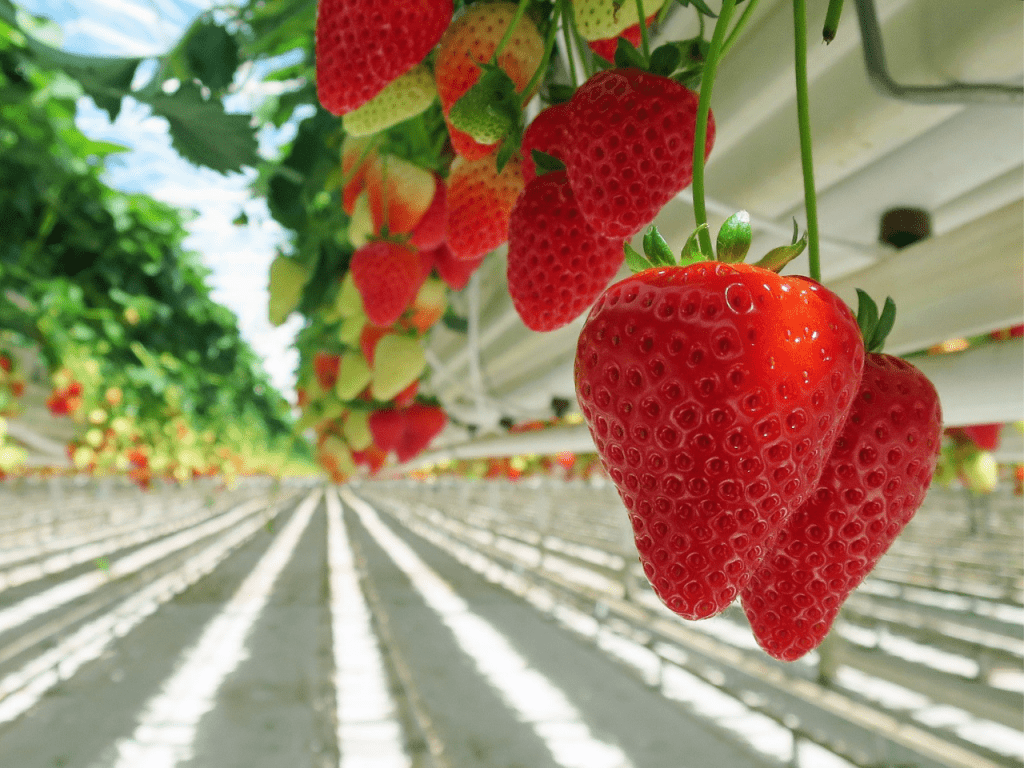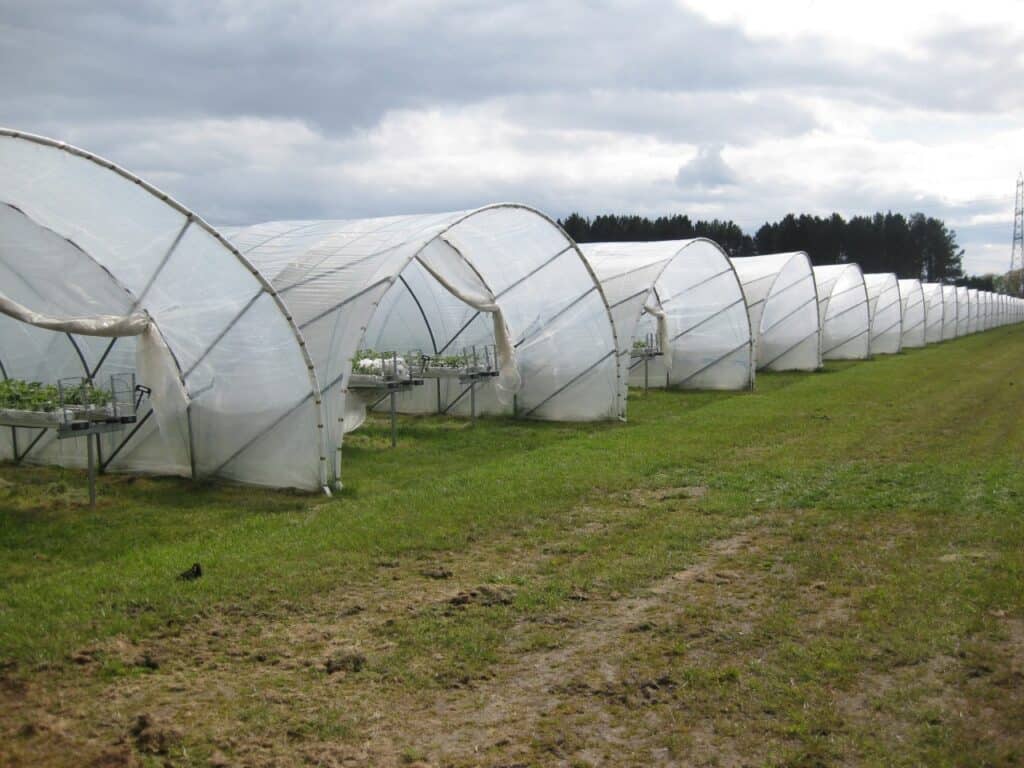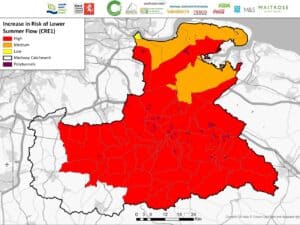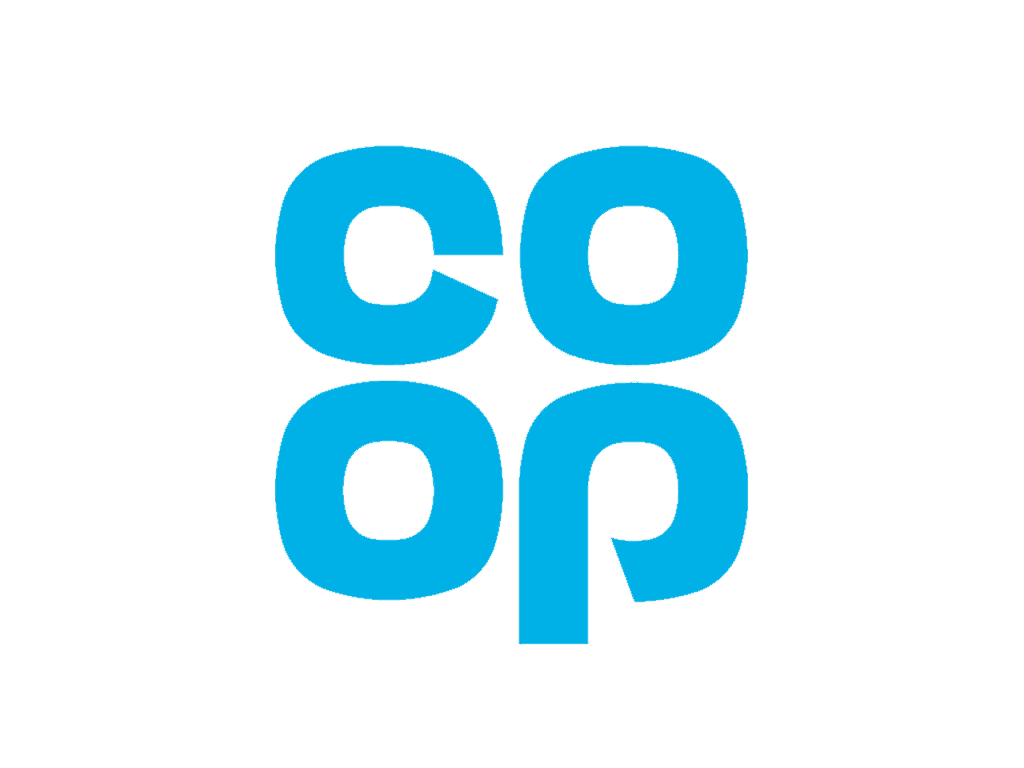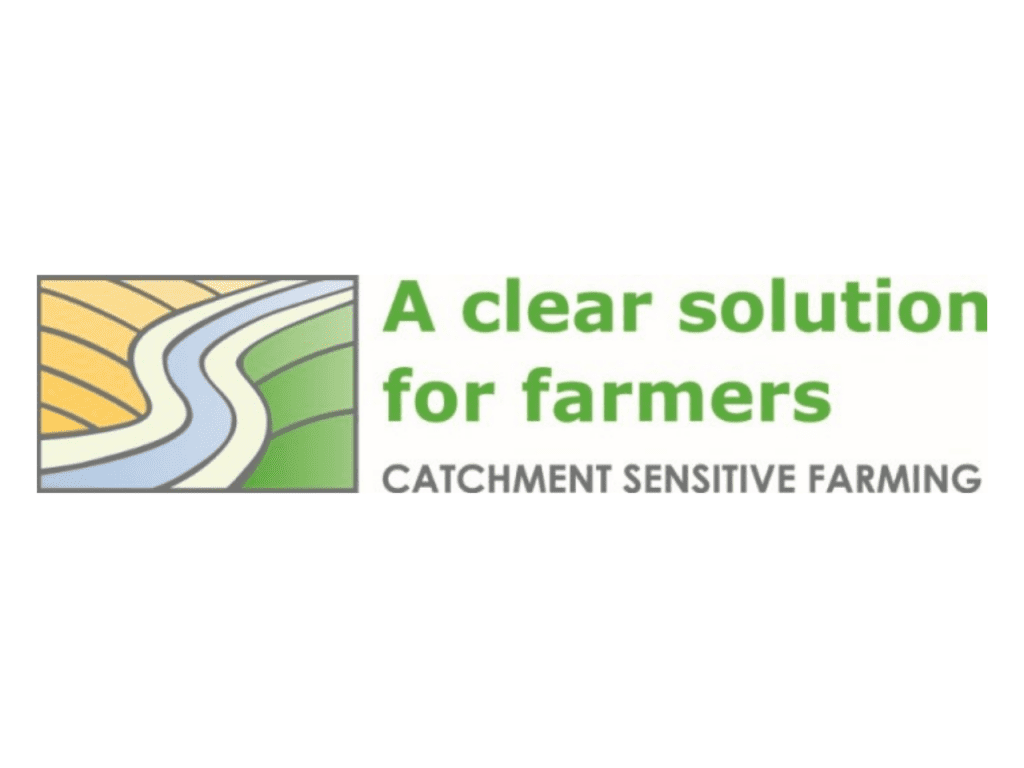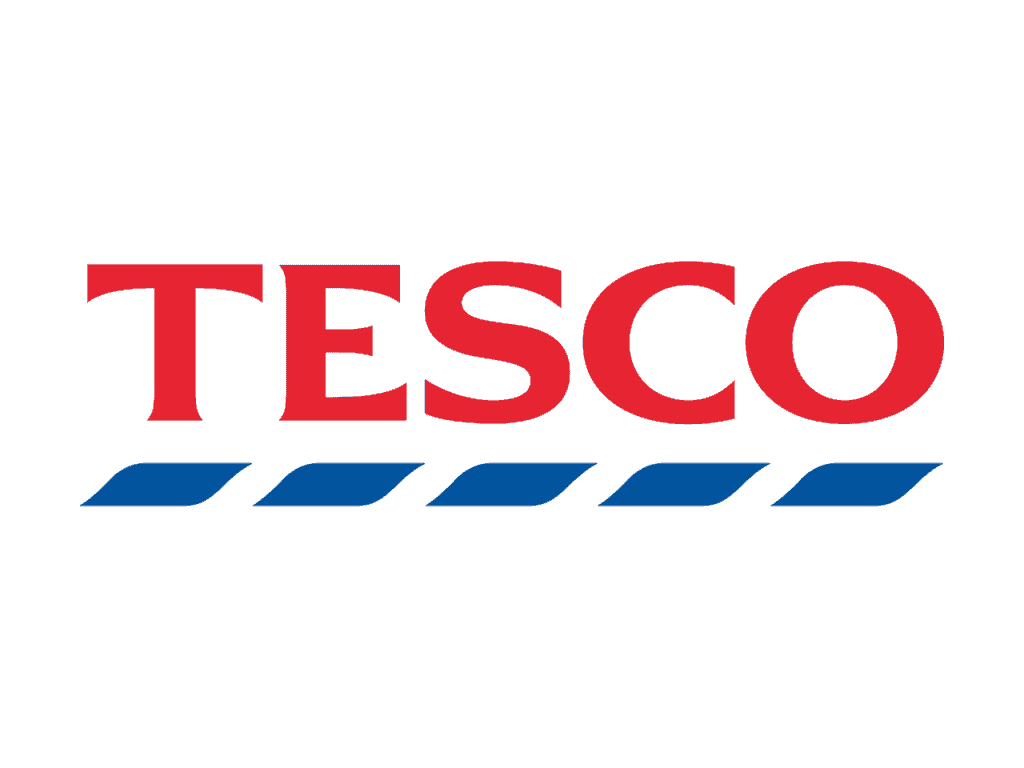Soft fruit polytunnel-based horticulture is an important economic activity in Kent but water resources are increasingly stressed and risks to the environment can occur where levels of resilience to flooding and soil erosion are low.
Holistic Water for Horticulture applies a ‘whole system’ approach, working with growers, Courtauld 2030 signatories and stakeholders in the Medway to develop measures for sustainable water management around polytunnel systems.

